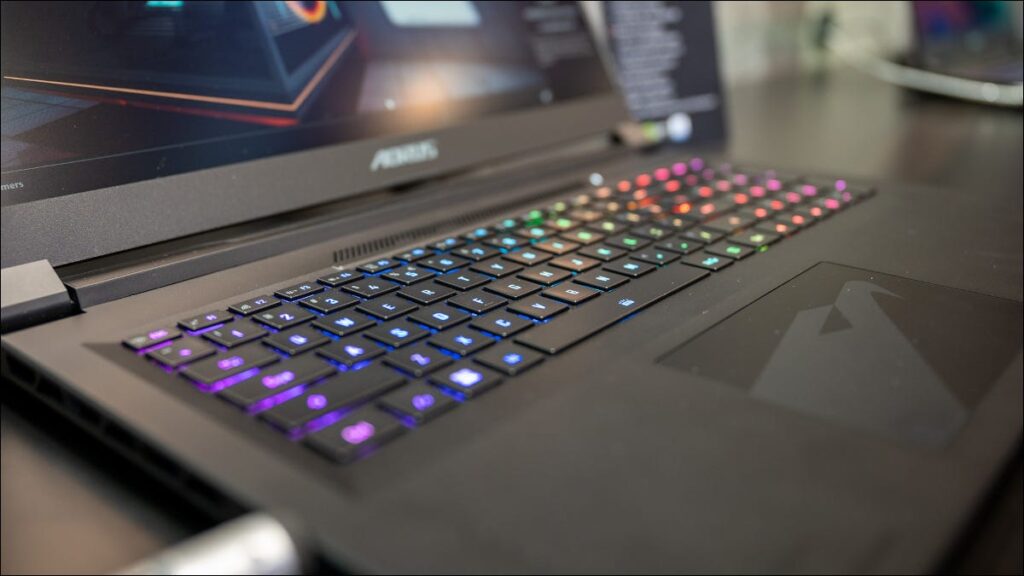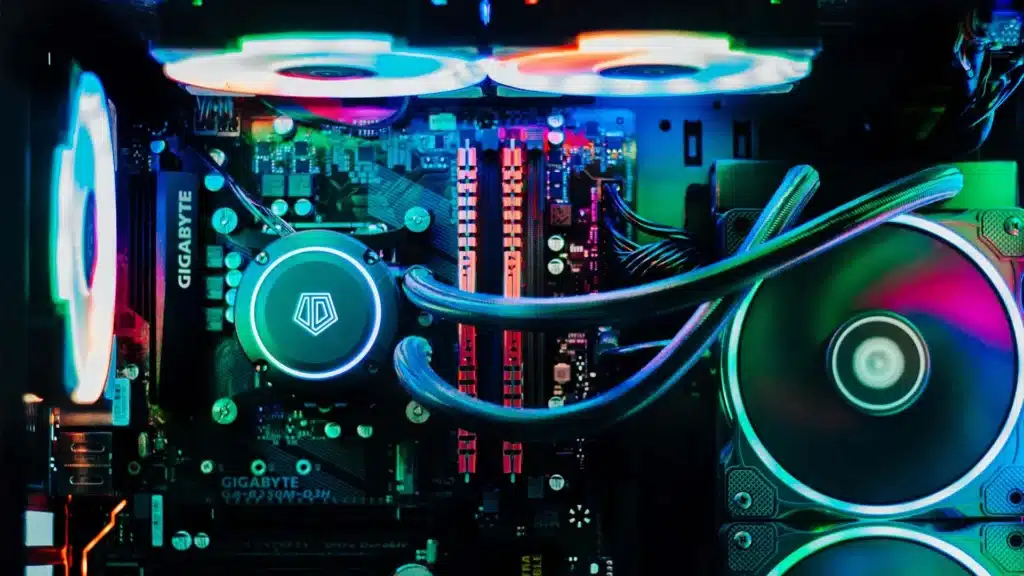In the world of technology, pushing the limits of performance has always been a pursuit for enthusiasts and power users. Overclocking, a practice that involves increasing the clock speed of a device’s central processing unit (CPU) or graphics processing unit (GPU) beyond the manufacturer’s specifications, is one such technique that has gained popularity among tech enthusiasts. While overclocking has been commonly associated with desktop computers, it is also possible to overclock laptops to achieve higher performance levels. In this article, we will explore the concept of overclocking in the context of laptops, discussing the potential benefits and drawbacks and providing insights into whether it is good for your laptop.
Contents
Understanding Overclocking
At its core, overclocking involves increasing the clock speed of a CPU or GPU, which determines the rate at which these components perform calculations. A higher clock speed generally translates to faster processing times and improved performance. However, increasing the clock speed beyond the manufacturer’s specifications can also generate more heat and put additional stress on the components, potentially leading to stability issues and reduced lifespan if not done correctly.
Pros of Overclocking
One of the main advantages of overclocking is the potential for increased performance. Overclocking can result in higher clock speeds, which can translate to faster processing times, improved multitasking capabilities, and enhanced performance in tasks such as video editing, gaming, and other resource-intensive applications. For avid gamers, overclocking can offer the possibility of achieving higher frame rates and smoother gameplay, providing a competitive advantage in fast-paced gaming environments. Overclocking can also be beneficial for professionals who rely on their laptops for tasks that require significant computing power, such as content creators, engineers, and designers.
Another advantage of overclocking is the ability to extend the useful life of an older laptop. Over time, as technology advances, laptops may start to show signs of performance degradation or struggle to keep up with the demands of modern software and applications. Overclocking can provide a temporary boost in performance, allowing users to continue using their laptops for longer without having to invest in a new device.
Cons of Overclocking
Despite its potential benefits,overclocking also carries some risks and drawbacks. One of the main concerns with overclocking is increased heat generation. When a CPU or GPU is overclocked, it generates more heat as it performs calculations at a faster rate. Laptops are designed with specific cooling systems that are optimized for their default clock speeds. Overclocking can put additional stress on the cooling system, potentially leading to overheating, thermal throttling, and reduced performance. In extreme cases, it can even cause permanent damage to the components.
Another potential drawback of overclocking is the impact on battery life. Higher clock speeds require more power, which can result in increased power consumption and reduced battery life. This can be a significant concern for users who rely on their laptops for extended periods of time without access to a power source, such as travelers or remote workers.
It’s important to note that overclocking can also void the warranty of your laptop. Most laptop manufacturers do not support or cover damages resulting from overclocking, as it is considered a form of modification that goes beyond the device’s intended use. This means that if you encounter any issues with your laptop after overclocking, you may not be eligible for warranty repairs or replacements.
The Takeaway
In conclusion, overclocking can be a double-edged sword for laptops. While it has the potential to unlock higher performance levels and extend the life of older laptops, it also carries risks that can result in reduced stability, increased heat generation, and potential voiding of warranties. Therefore, it’s essential to weigh the pros and cons carefully and proceed with caution if you decide to overclock your laptop. With proper research, monitoring, and adherence to best practices, overclocking can be a viable option for tech enthusiasts seeking enhanced performance, but it may not be suitable for everyone.



